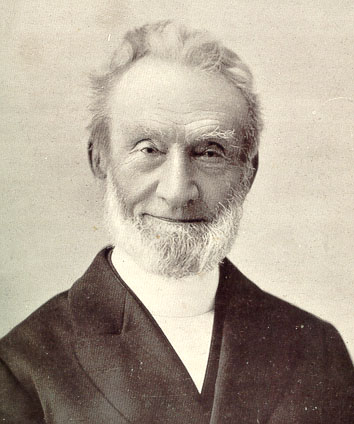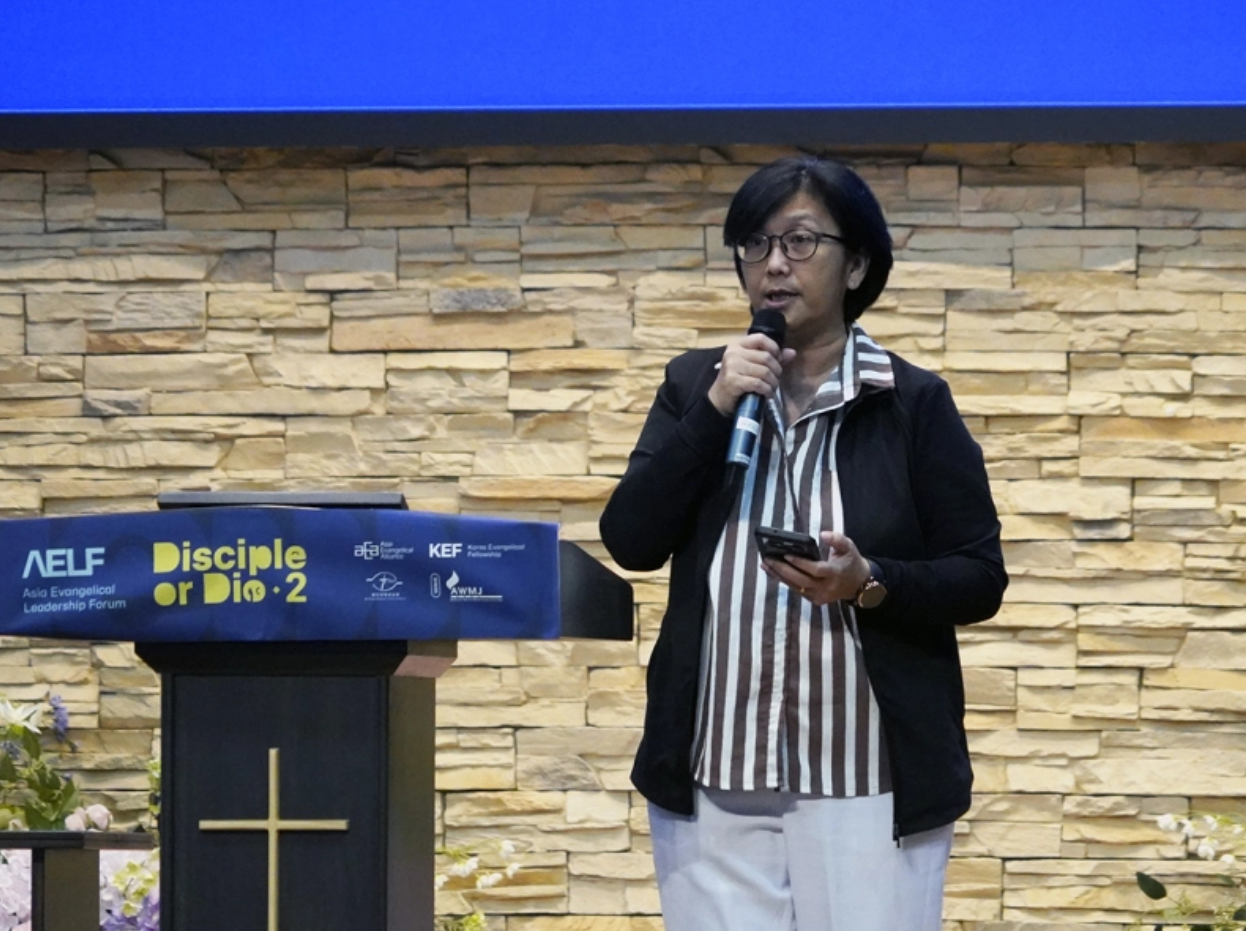One of the fascinating things about Christianity is how very different the great men and women of God are. George Müller (1805–1898) was not just different, he was unique.
Müller was born in the then Kingdom of Prussia (now Germany). He grew up into a young man who was frequently involved in petty crime, often to do with what we would call ‘scams’ and even a time in jail did nothing to reform him. However, in 1825 Müller attended a prayer meeting in someone’s home where he encountered Christ. With his life dramatically transformed, Müller felt called to mission work and ended up in London working amongst Jews. An illness led to him going to Devon to recover his health and that began life and ministry in the West Country.
It became evident that he was gifted as a preacher and an evangelist, and he became the minister of a chapel. Soon, he and his wife moved to Bristol. There he became involved in creating Christian schools and supporting missionaries. Müller established 117 schools which offered Christian education to tens of thousands of children, and he continued to support a great number of missionaries throughout his life.
Müller is, however, remembered above all for his extraordinary achievements with orphans. In the Britain of the early 19th century, the combination of large families, extreme poverty and a high level of adult mortality had resulted in many orphans, most of whom ended up on the street. The state ignored them and in 1836 Müller and his wife began taking in orphans.
Their work grew in an astonishing way, and they built a home for 300 children. Soon, however, even that was not enough, and more buildings followed in Bristol so that by 1870, there were 1,700 children housed in five purpose-built homes with a total of 500 rooms. By the end of Müller’s life, his homes had housed 10,000 orphaned children. Müller’s commitment was not simply to house children but to clothe, feed and educate them and ultimately, where possible, to find them jobs.
Read full article here
(c) The Christian Today, used with permission.




